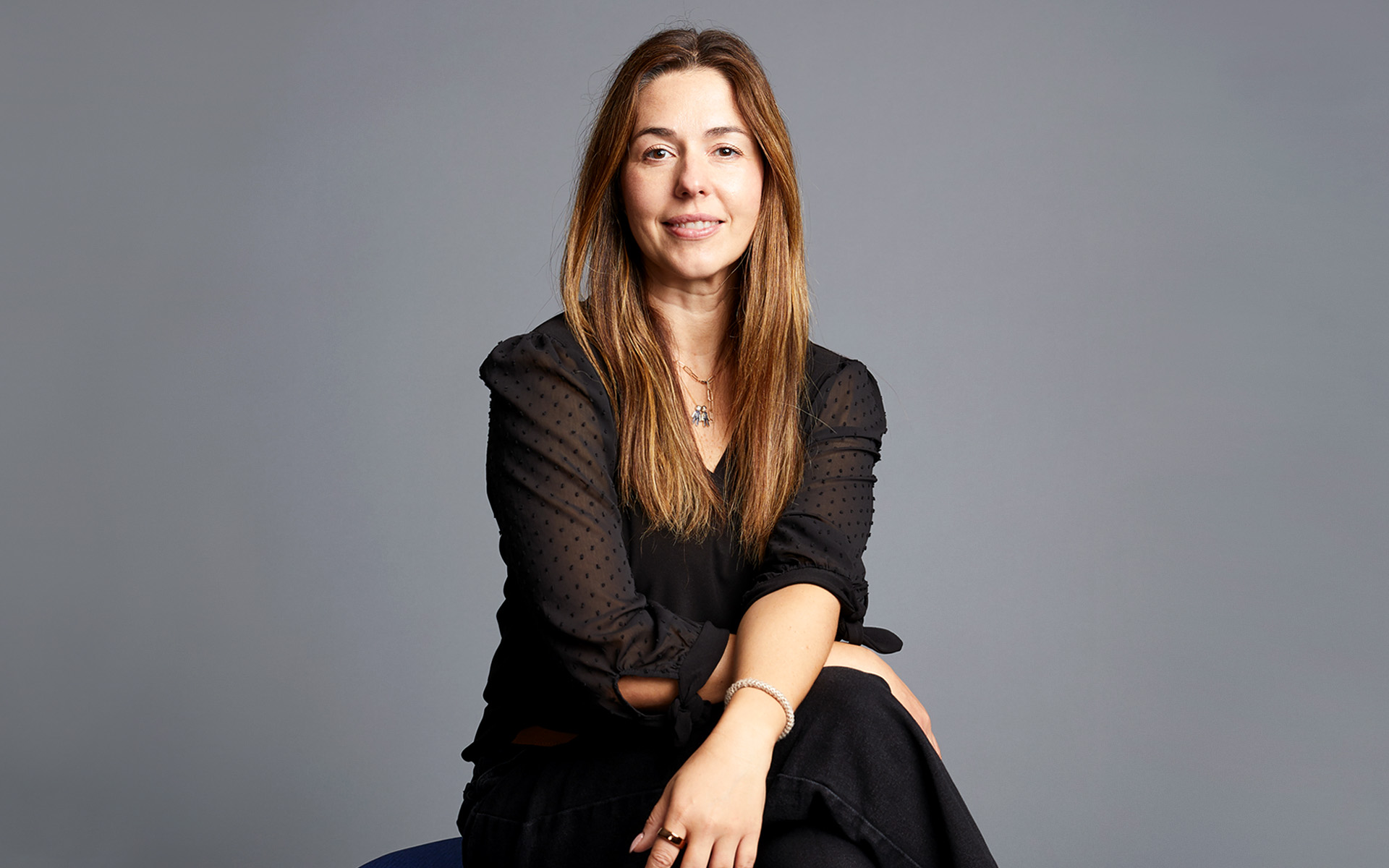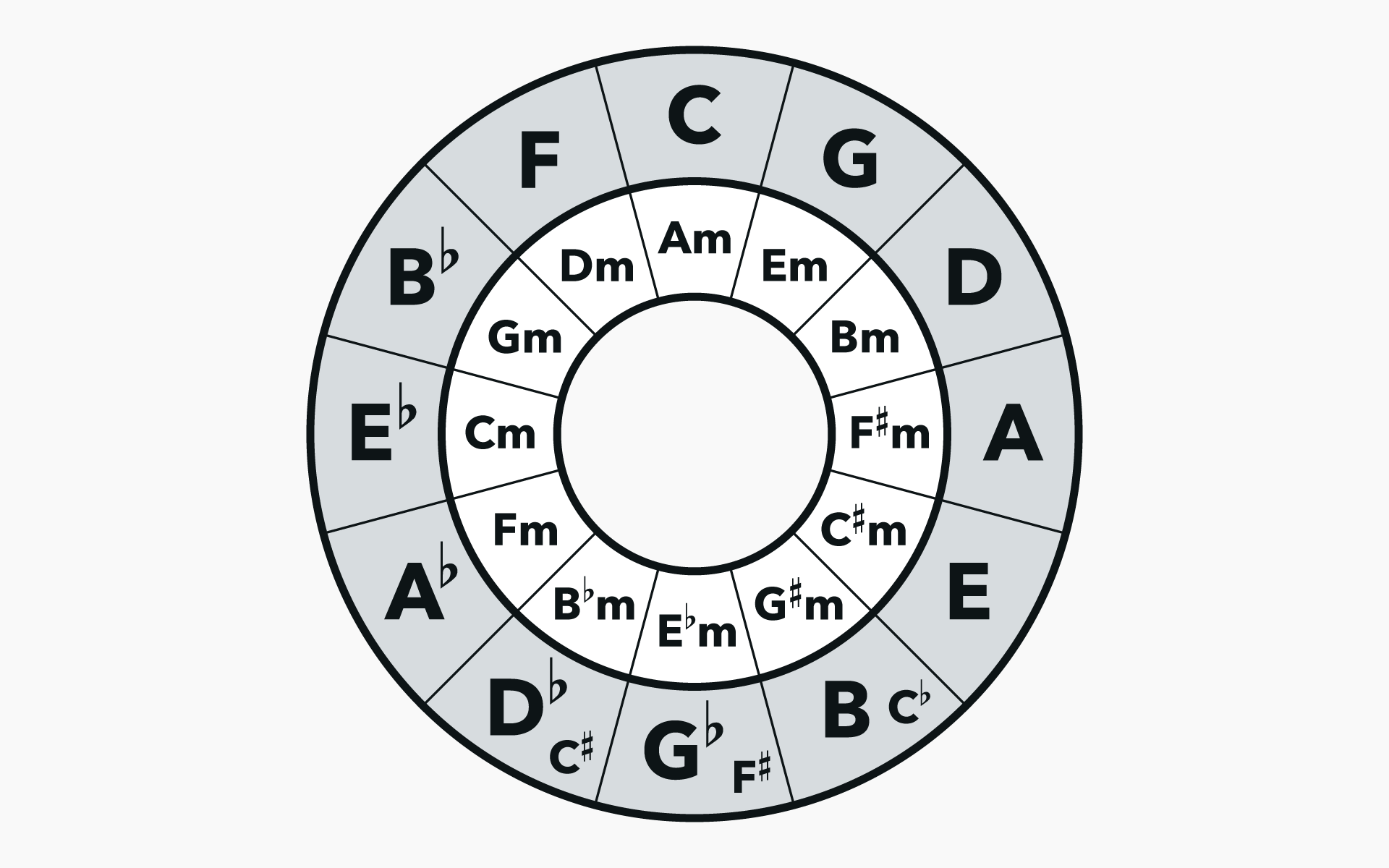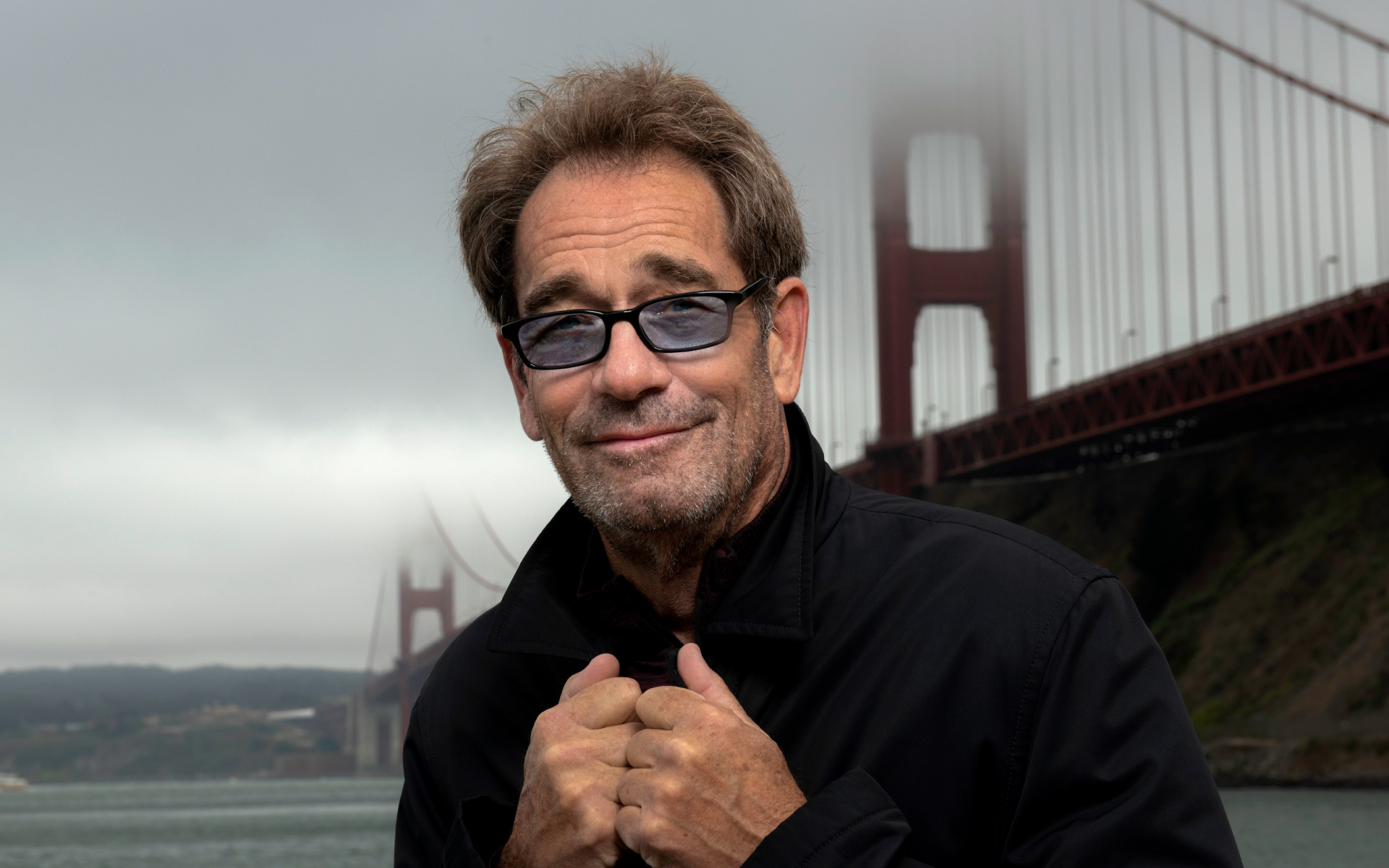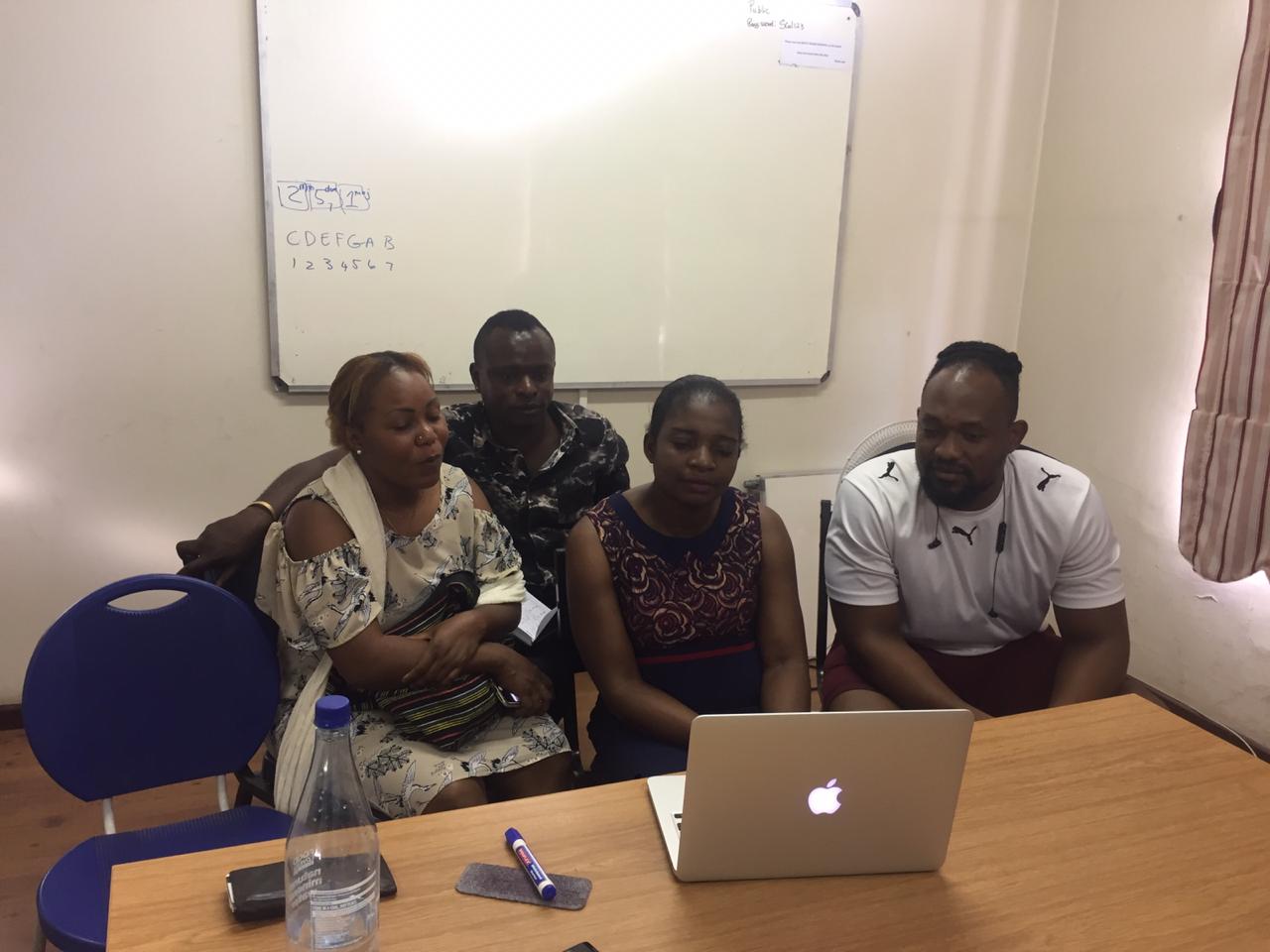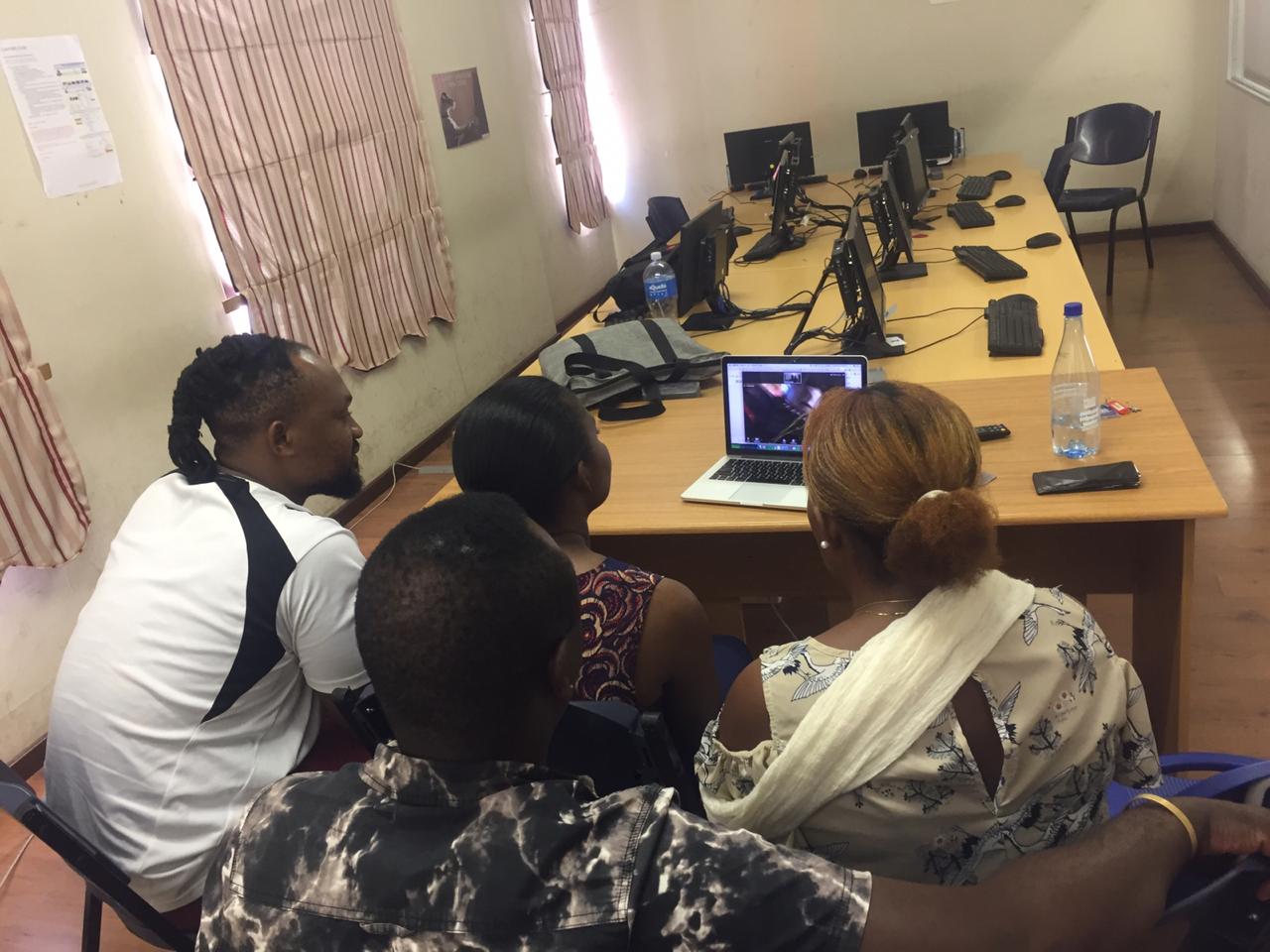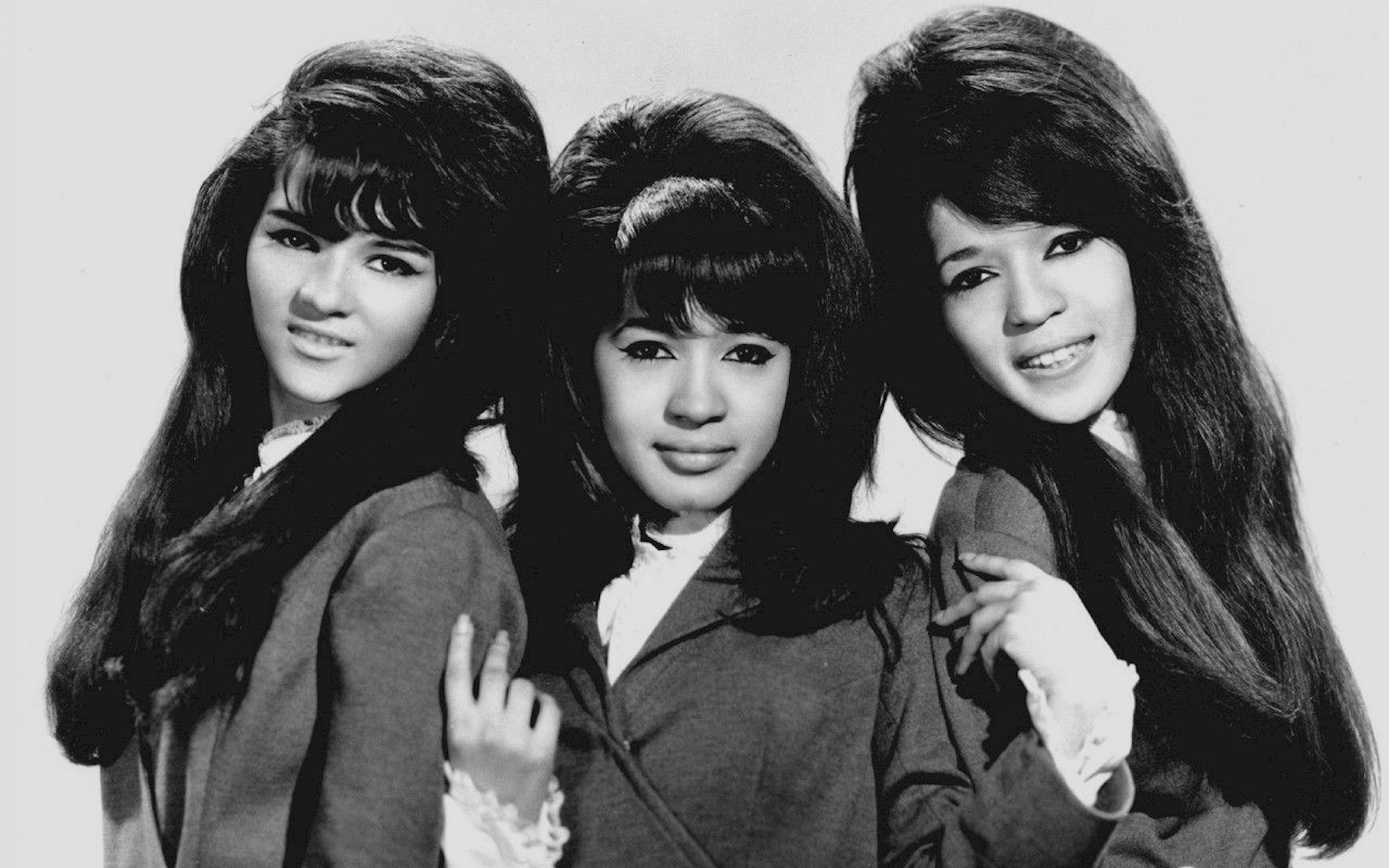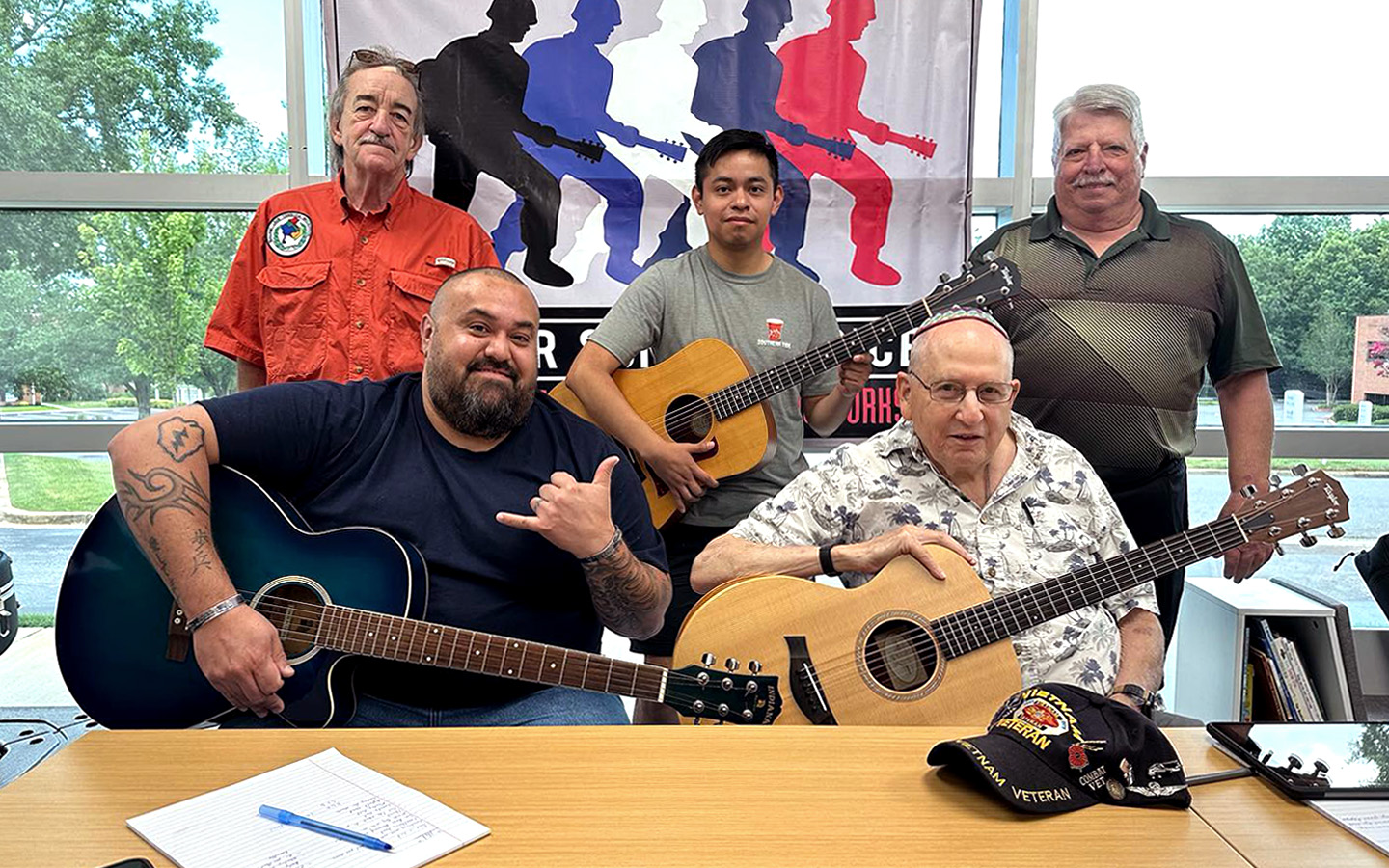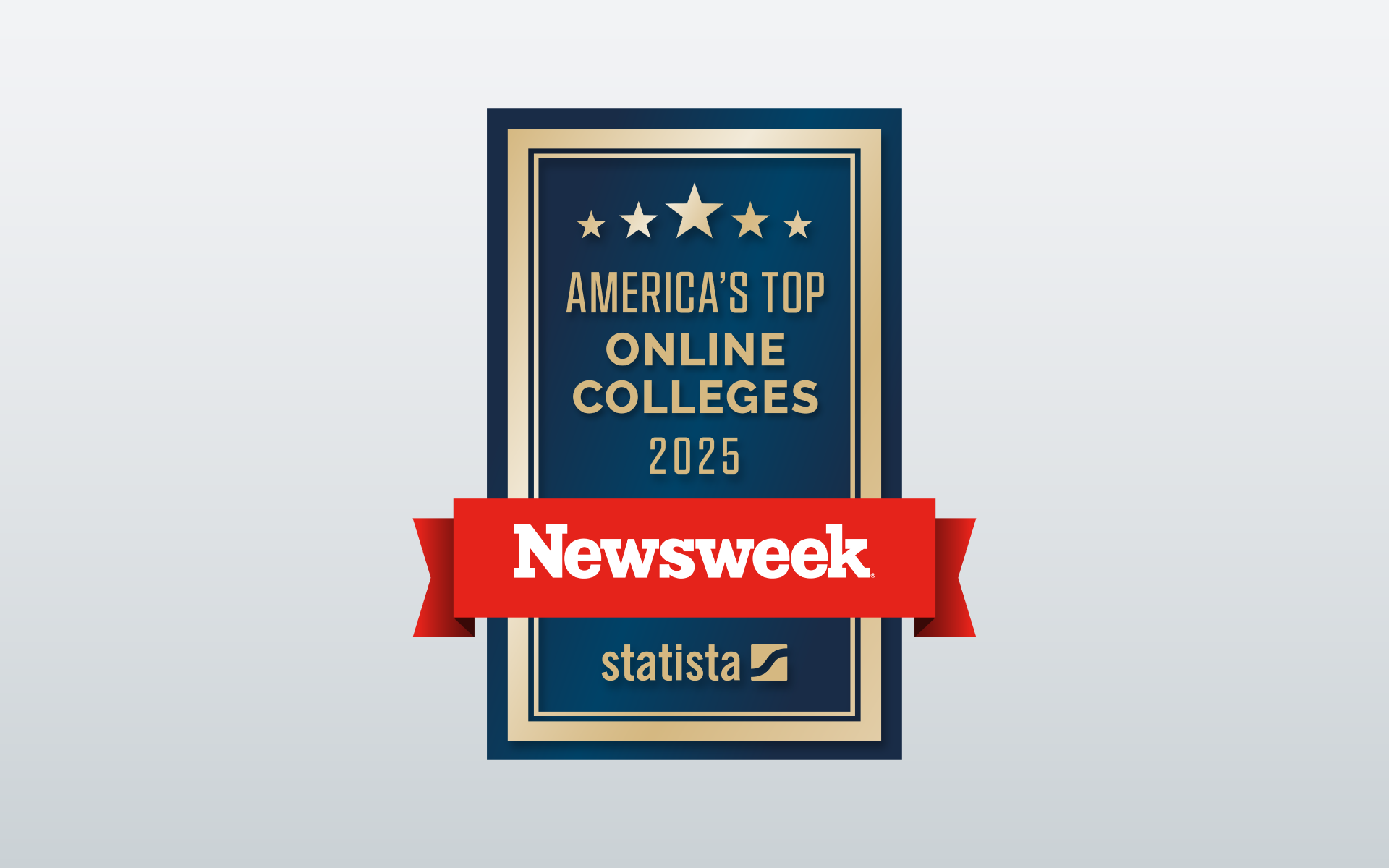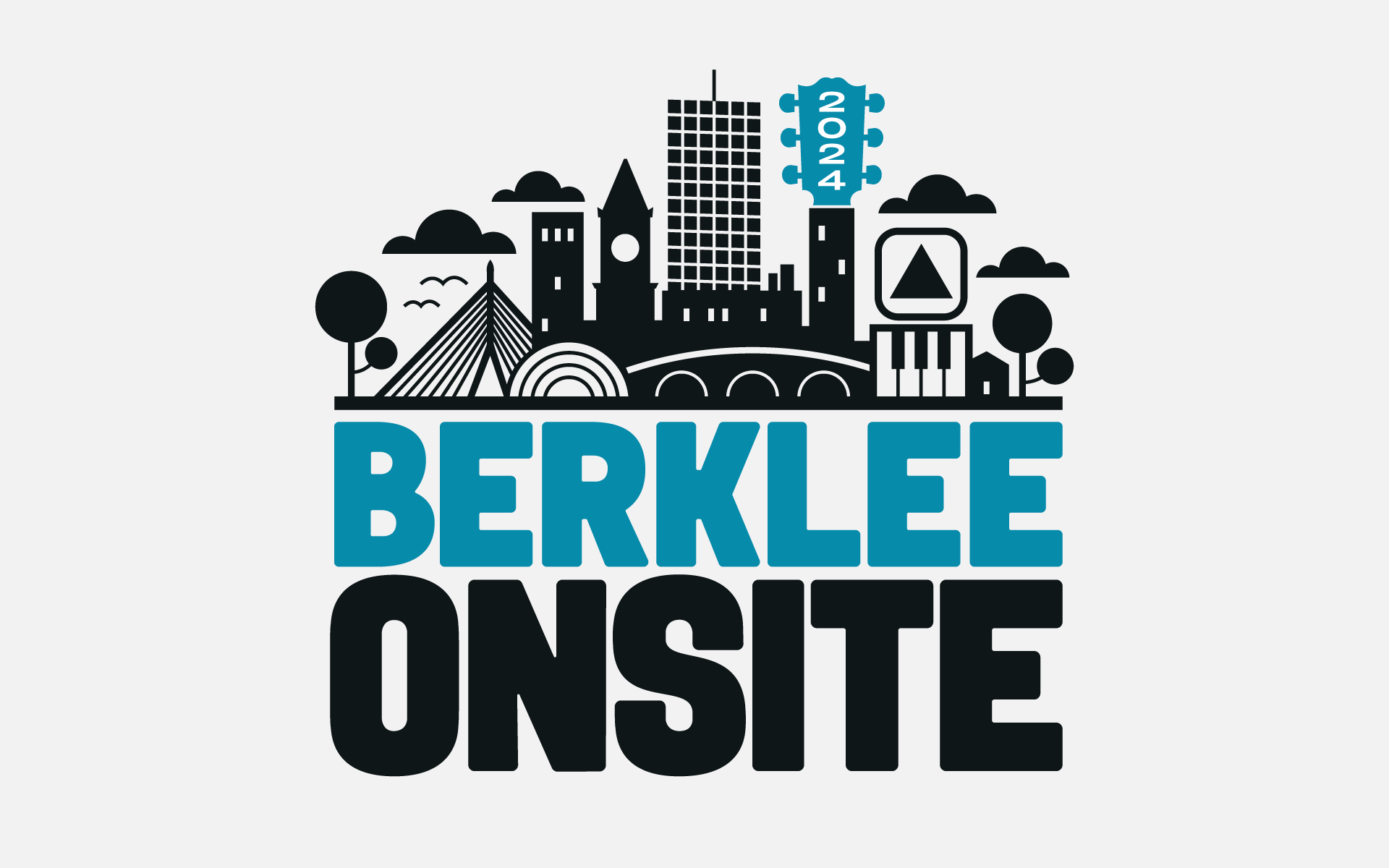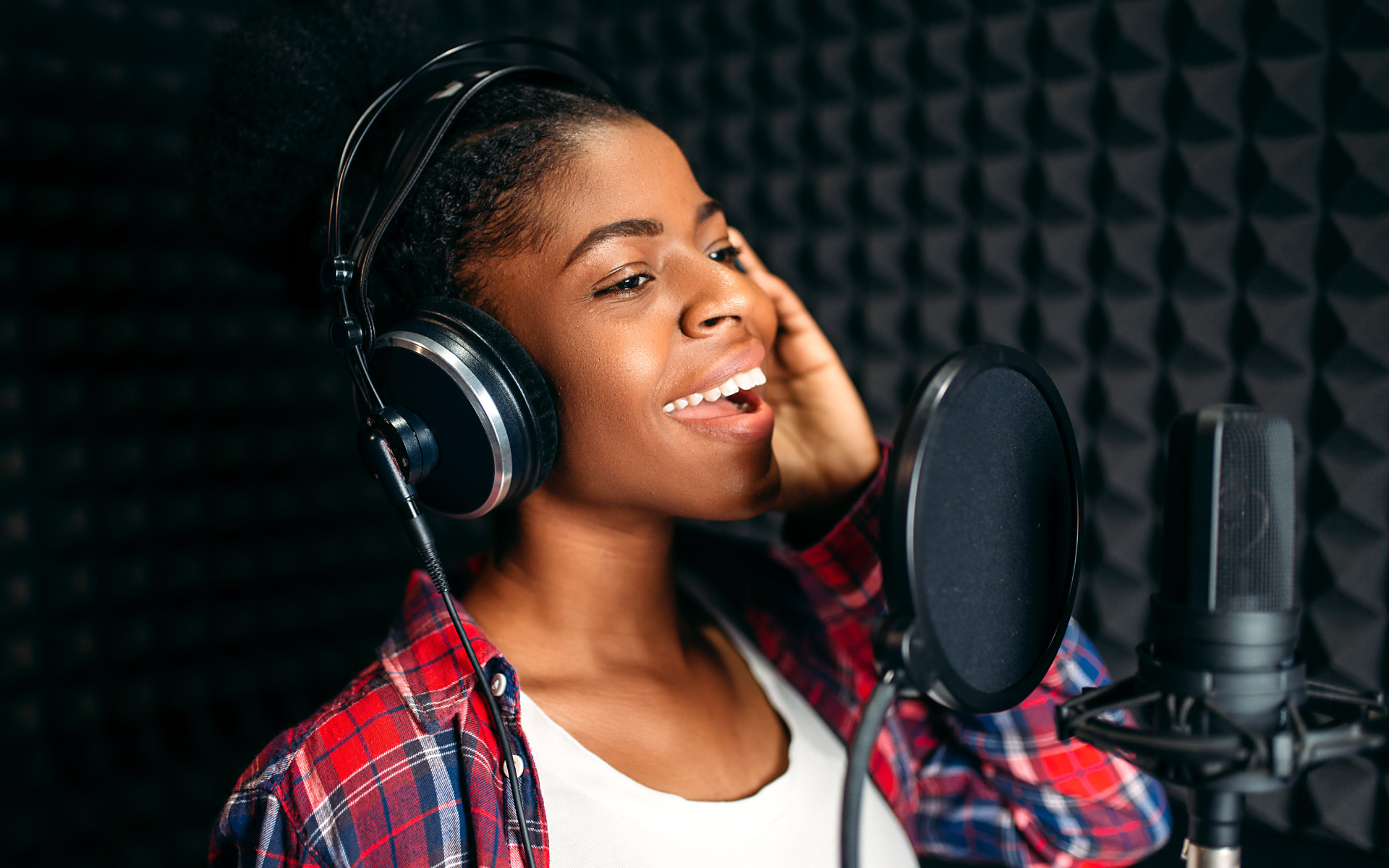Dorcas Mungusa had never played any instruments before she began taking Berklee Online’s Developing Your Musicianship course. She sings in her church choir, and had been hoping to learn piano, but she had to flee the violence in her home country of the Democratic Republic of the Congo. She came to Cape Town, South Africa as an asylum seeker.
Now, a little more than three years later, she is one of six students gathering in front of a computer to greet their instructor. Studying this beginner-level Berklee Online curriculum on the grounds of the Scalabrini Center—a nonprofit in Cape Town that provides services for refugees and migrants—Dorcas says the course has been therapeutic.
“Music has helped me in difficult times in my life,” she says. “Whenever I feel down or something isn’t going well in my life I can just listen to music and I always feel much better and strengths come back.”
The Berklee Online course is offered in collaboration with Southern New Hampshire University’s Global Education Movement (GEM) program. Dorcas is working towards her Bachelor of Arts in Management with a focus in Logistics and Operations, through SNHU.
“What I would like the world to know about my situation is that being a refugee doesn’t mean I must be limited,” she says. “As human beings, we shouldn’t limit other people. Whether you are a citizen or a refugee, opportunity should be given to everyone.”
George Russell Jr. is the chair of harmony and jazz composition at Berklee College of Music, and the author and instructor of this course. He has taught Developing Your Musicianship to millions of students through Coursera. But he says the six students in this pilot program are special.
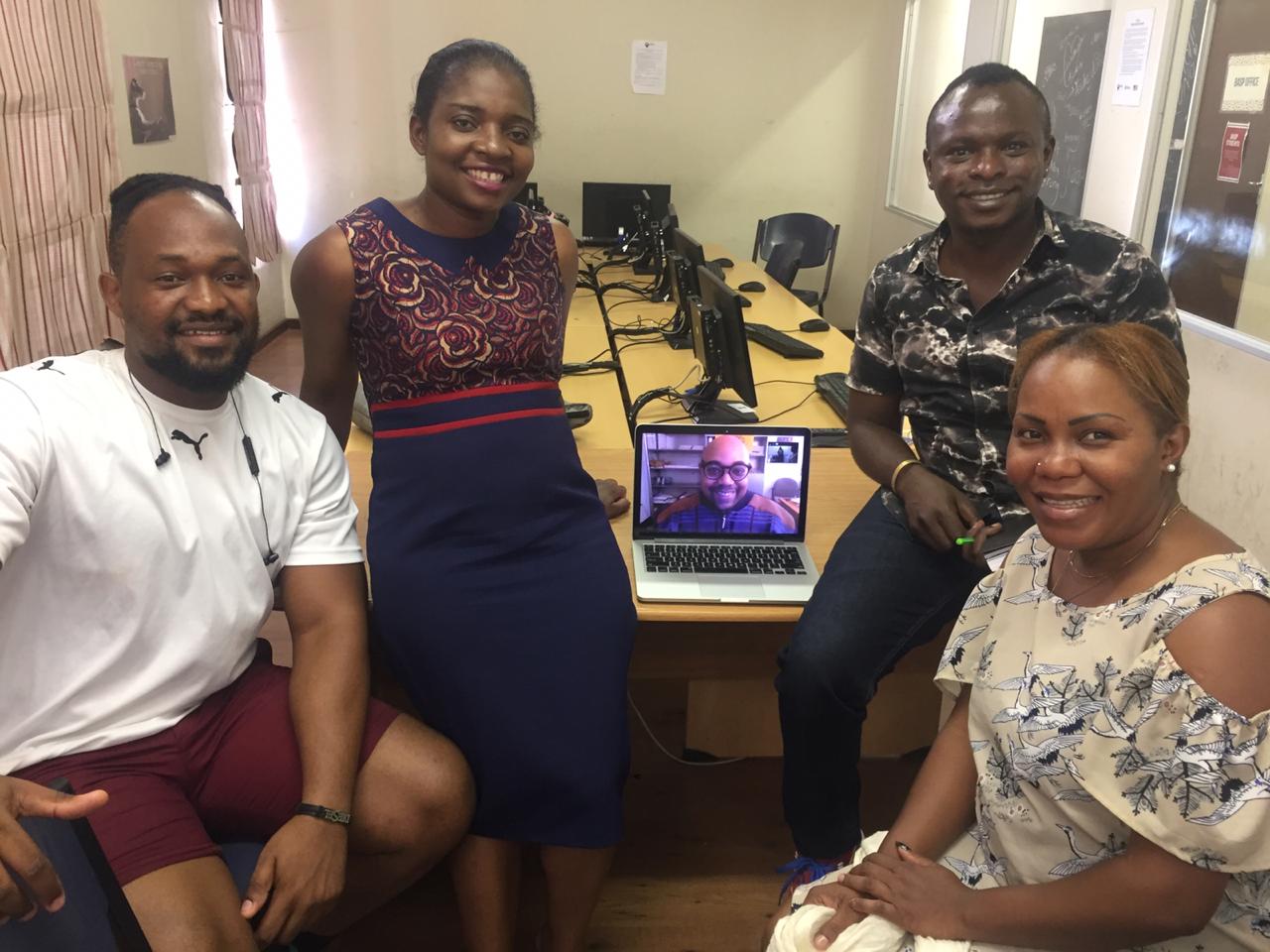
“I’m wondering with all the things that are going on in their lives, how they have the mind space to take on something like this,” says Russell. “They’re smiling and they’re engaged. I have no idea what they must be going through, the kind of uncertainty and instability they have to deal with on a daily basis that we don’t necessarily have to deal with here.”
The majority of Russell’s students are refugees from the Democratic Republic of the Congo (one student is from Zimbabwe, another is from Rwanda). Though DRC won independence from Belgium in 1960, there has been ongoing fighting throughout the country ever since, even after the end of a civil war in 2003. According to the UN Refugee Agency, approximately one million people have fled the DRC to neighboring countries in recent years. But you’d never know it by looking at the Meet and Greet portion of the course, where students get to know each other and their instructor through a series of introductory questions, such as “who is your favorite musician?” There is something overwhelmingly hopeful in the music they pick. Artists like Bob Marley, Lionel Richie, and Enrique Iglesias come up frequently.
Ben Musumb, also from the DRC, cites “A New Day Has Come” by Celine Dion as an inspirational song to him.
“It helps me and it inspires me to believe that tomorrow might be better and everything will be alright,” he says.
Though the subtext of their refugee journey is there, the students are very much focused on their studies.
“Being at school and being part of this program creates a different context,” says Mishka Reddy, who is the bachelor academic support program manager at the Scalabrini Center. “Students can see themselves as students, and not only the rhetoric around what it means to be a refugee. They each see themselves as somebody who is succeeding, who is sometimes tired of assignments, who met their friends and had lunch. It’s like the story is that ‘I’m getting to learn music and these are the positive things around music that I’ve experienced in my life.’”

